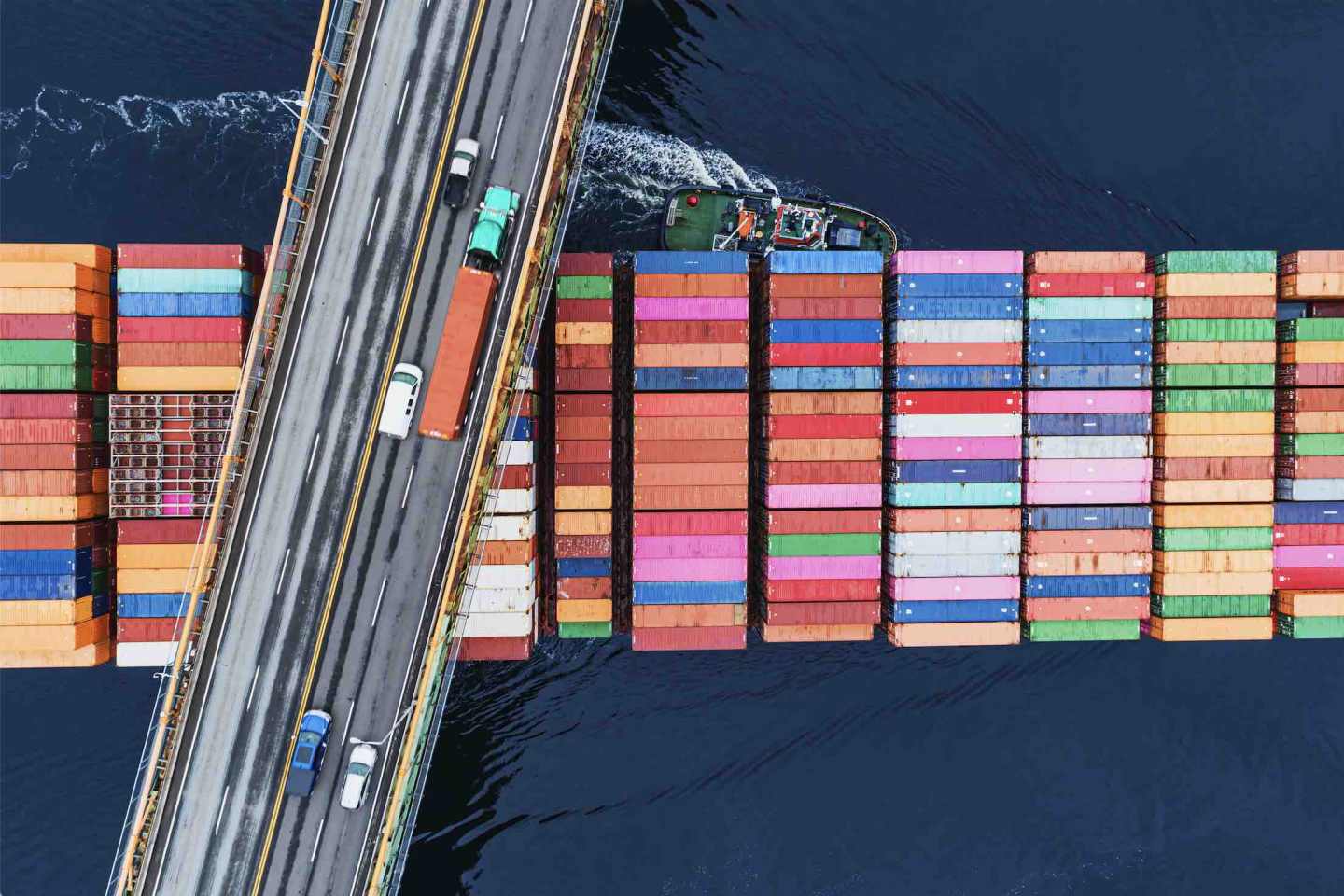基礎設施市場研究
What is Infrastructure?
It is the basic structure of a country, for example, roads, transport, and power supplies. We can also group it into two main types.
Hard infrastructure is the physical system that allows the country to operate. These include transport, energy, water supply, and sanitation.
Soft infrastructure consists of centers that maintain the economy. Such centers are essential to the quality of life in a country. Government, health, financial, and education systems ensure this. It also includes legal systems.
為什麼它很重要?
Infrastructure provides jobs to many people, such as engineers, truck drivers, pilots, construction workers, and power line installers. It’s easy to get into this field. Workers do not need to study for years and years. Thus, almost anyone can get into the area, but they must have the right work ethic.
It supports the growth of the economy. It also enables the transport of goods and services both within and outside the country. Freight trains, cargo ships, aircraft, and road systems all serve this function. It also helps to connect households. It allows children to do their schooling at home, thus aiding with education. People can also check their health themselves—no need to go rushing to the hospital every time.
Over the years, it has become more health-conscious and eco-friendly. It has also seen many ventures to help the green economy, for example, the many new hydro-powered and wind-powered factory projects worldwide. Solar-powered vehicles and systems are the future. The new, clean energy public transit also reduces greenhouse gases.
Infrastructure is the foundation to a quality life. It eases labor and increases comfort. It keeps people working, healthy and also happy. Without it, everything will grind to a halt. We use it every day but don’t realize it. Electric power, running water and transport are all examples.
In addition, it enables the government to create jobs. They invest in certain areas to attract businesses. One would not invest in a place that they cannot drive to. Good roads, pipelines, and networks create a good image. The result is modern worksites, which attract both people and businesses.
主要職位
Civil Engineer
Civil engineers design, build and supervise infrastructure projects and systems, including buildings, roads, and drains. Civil engineers also design and build dams, airports, tunnels, systems for water supply and sewage treatments.
Heavy Machinery Operator
As the name says, this is the person using the hardware. Although it seems easy, this job is essential. These operators have to transport supplies from different points—any upsets during this cause big problems for the project.
Infrastructure Project Manager
This person oversees the development of projects within a business. They also have various subtasks. These include managing budgets, communication between departments, and setting timelines for the projects.
Infrastructure Energy Environment Capability/ Solution Architect
These people are the glue between infrastructure and the environment. They revise and come up with projects that do not damage environs. For example, building more roads and houses is always a necessity. Still, we need to think of the planet and future generations. Solution architects look at the possible impacts that each option and come up with ideas that will create a balance.
關鍵成功因素
Small teams lead many mega-projects. These people may also be working together for the first time. Although typical, it may prove to be stressful. Everyone may feel the pressure of the project from start to finish. Having excellent management creates a high-performing team. An adaptive team means the success of projects.
Every project should have an input system where the team can relate to the same fact base. It should also have strict guidelines. These guidelines will ensure that everyone is going along with the same script. Blunders are common in these projects, but this system decreases such errors. The team can then resolve any issues or problems.
Many mega-projects receive the go-ahead with many risks present. Some believe the contractor will figure it out along the way, but this is never a good idea. Project leaders should be certain about the project before final approval. The risks always come back to haunt in the future.
Why Businesses Need Infrastructure
The infrastructure supports everyday economic activities. Many call it the arteries of human comfort. Without it, life is a toll. Here’s why businesses need it.
It’s easy for staff to get to work when there’s a good transport network. Work cannot start if staff is not present. This network also allows for the transport of supplies in and finished goods out. Paved roads allow this.
Water supply and sanitation is also a benefit of this. In buildings, running water is essential. No business can operate without water. Clean water is a safety feature: we need it in case of fires. In fact, companies are required to always have water.
IT is a big part of most businesses. Some cannot complete tasks without it. Computers play a vital role. Systems such as mobile phone networks and the internet are also crucial to boost remote working. Many people now work at home. These systems make it easy for them to receive and do work assigned to them. People can now work not only from home, but from anywhere around the world.
About Infrastructure Market Research
Market research looks at the state of the economy. Through this, you see what has to take place. It would be best if you carried out Qualitative and Quantitative research, and also Strategy Research. Market research can also involve focus groups, surveys, and interviews. Contact us today to find the method that’s best for your business.



